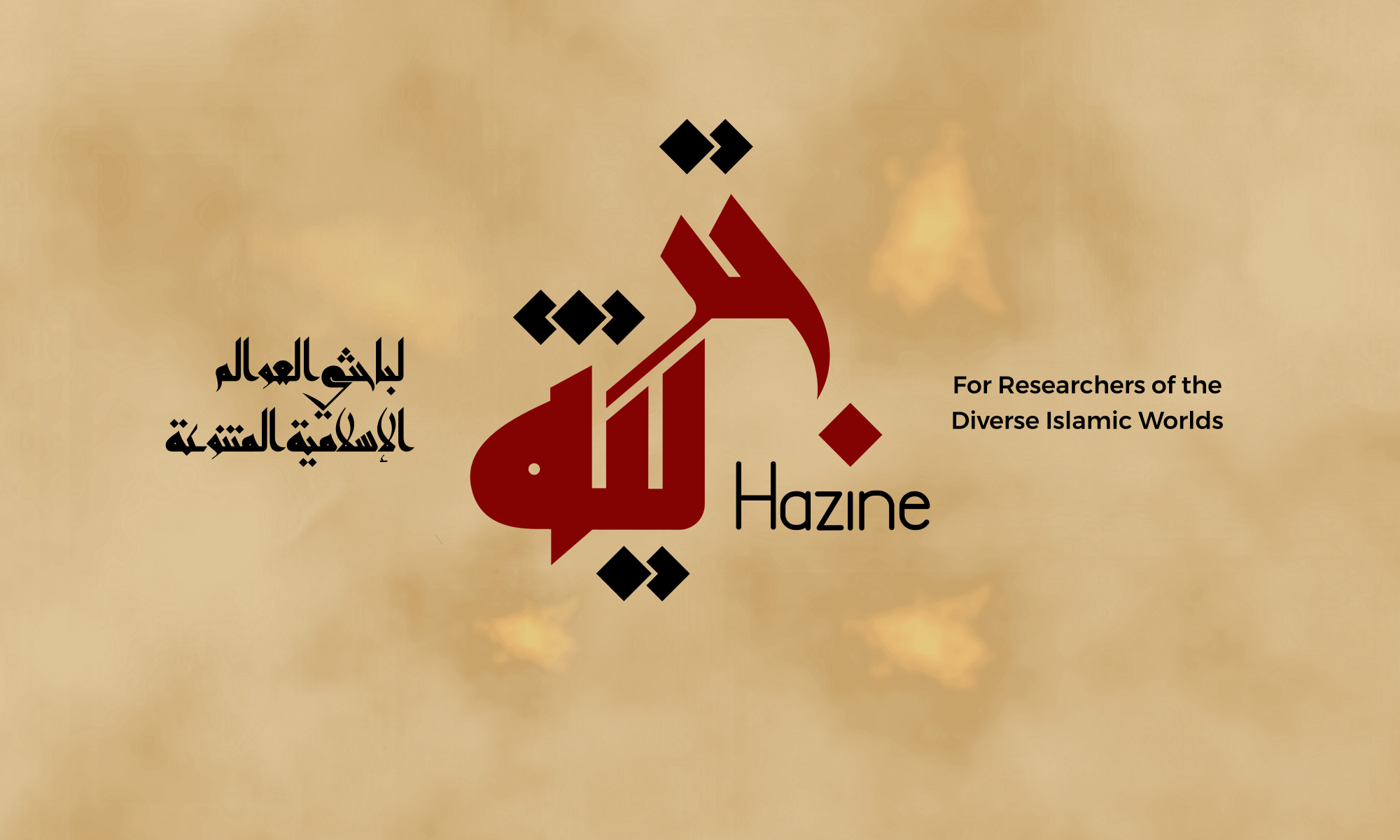By Jean Druel and N.A. Mansour
In light of recent events in Lebanon, we want to encourage you to donate to support domestic workers via Egna Legna, an Ethiopian domestic worker-run organization based in Beirut Lebanon, which has over the past three years assisted domestic workers including victims of horrible abuses to the best of its ability. We also recommend donating to Beit el Baraka. Use this tool to find more places that need donations.
If you’re an Arabist, think about the digital library or archive catalogues you use and then try to count the number that have interfaces and data available in Arabic. There are few in Arabic, although there are more catalogues and tools that are in Turkish. In addition, the design of these resources often is adapted without much alteration from tools produced for European-language materials for European-language audiences. It dismisses even the possibility that other intellectual histories rooted in different contexts function differently and require different things from their organizational standards; it also dismisses the notion that technologies are neutral and that they are inclusive.

The Arabic intellectual tradition is built around commentaries all expressing different and often diverging opinions, although they are often tied to the same text. So in order to study, for example كتاب سيبويه Kitāb Sībawayh, you need to be familiar with existing critical editions of the text. You might also want the commentaries written on it. You also naturally want the secondary sources on it as well: Arabic journal articles and monographs, as well as those written in other languages. Your institution’s standard catalogue might not be as much help here. You need a catalogue built to these bibliographic purposes. The AlKindi catalogue, developed by the Dominican Institute for Oriental Studies (IDEO) is the best solution to this problem of needing research tools in Arabic, built for Arabophone audiences with the Arabic intellectual tradition in mind. It’s also the solution to our bibliographical problems, essentially letting you browse online more effectively. It’s not perfect yet, namely in that it does not include every Arabic book ever written but each day, the catalogue becomes a stronger engine, as more data is added to it and as more people use it; it is often the first result you find when using a standard internet search engine to look for a text, like, say كتاب سيبويه, Kitāb Sībawayh. The cataloguing team has needed to expand multiple times to accommodate the work-load and under the direction of Mohamad Malchouch, it is full-steam ahead for the project. Here, we’ll be giving you an introduction to using the system, as well as a crash-course in cataloguing standards.
Continue reading “Using the AlKindi Catalogue as a Bibliographic Tool for Islamic Studies (and an Introduction to Cataloguing Standards)”